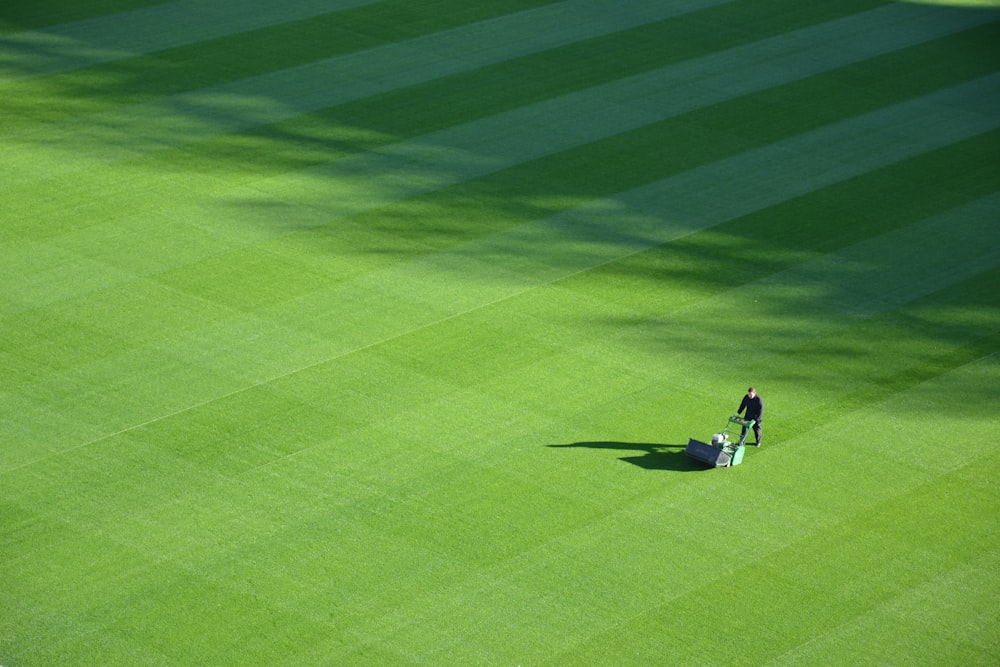Mastering the Basics of Hurling
Hurling, a thrilling Gaelic sport deeply rooted in Irish culture, is gaining popularity worldwide. For newcomers stepping onto the field, understanding the fundamentals is essential. Let’s delve into the basics every player should grasp to excel in this fast-paced and dynamic game.
Understanding the Equipment
Before diving into the action, familiarize yourself with the essential equipment. A hurley, a wooden stick with a flat end, is your primary tool for striking the sliotar (ball). Ensure your helmet provides adequate protection, and don’t forget your gloves for added grip. Proper attire and footwear are also crucial for maneuvering on the field with agility and precision.
Gripping and Handling the Hurley
Mastering the grip and handling of the hurley is fundamental for effective play. Grip the stick firmly but comfortably, ensuring control without sacrificing flexibility. Experiment with different grip styles to find what suits you best. Practice swinging the hurley smoothly and swiftly, aiming for accuracy and power in your strikes.
Perfecting the Solo
The solo, a signature move in hurling, involves balancing the sliotar on the hurley and guiding it skillfully while running. Practice controlling the ball with delicate touches, keeping it within reach as you maneuver across the field. Focus on maintaining a steady rhythm and precise hand-eye coordination to execute flawless solos during gameplay.
Developing Striking Techniques
Striking the sliotar accurately and forcefully is a cornerstone of hurling. Master both the ground strike and the overhead strike to adapt to different game scenarios. Pay attention to your stance, ensuring stability and balance before each strike. Practice timing your swings to connect with the sliotar cleanly, sending it soaring towards your target with speed and precision.
Nailing the Block and Hook
Defensive skills are just as crucial as offensive prowess in hurling. Perfecting the block and hook techniques can thwart opponents’ attacks and turn the tide in your team’s favor. Focus on positioning yourself effectively to intercept incoming strikes and disrupt opponents’ plays. Timing is key – anticipate your opponent’s moves and execute blocks and hooks with swift and decisive movements.
Mastering the Sideline Cut
The sideline cut is a strategic play used to restart the game after the ball goes out of bounds. Develop the ability to execute precise sideline cuts, aiming to launch the sliotar back into play with accuracy and distance. Practice your cutting technique diligently, adjusting your approach based on field conditions and your team’s tactical objectives.
Navigating the Field
Understanding the layout of the field and your position within it is essential for effective gameplay. Familiarize yourself with the positions and roles of each player on the team, adapting your movements and strategies accordingly. Communicate with your teammates to coordinate plays and cover the field efficiently, maximizing your team’s effectiveness in both offense and defense.
Building Endurance and Agility
Hurling is a physically demanding sport that requires stamina, speed, and agility. Incorporate regular conditioning drills and exercises into your training regimen to build endurance and enhance your overall fitness level. Focus on agility drills to improve your reflexes, footwork, and ability to change direction swiftly during gameplay.
Embracing the Spirit of Sportsmanship
While mastering the fundamentals of hurling is essential for success on the field, embracing the spirit of sportsmanship is equally important. Respect your opponents, teammates, coaches, and officials, and play the game with integrity and fairness at all times. Celebrate victories with humility and learn from defeats with grace, fostering a positive and inclusive environment for everyone involved in the sport.
Continual Learning and Improvement
As you embark on your hurling journey, remember that mastering the basics is just the beginning. Stay committed to continual learning and improvement, seeking guidance from experienced players and coaches, and honing your skills through dedicated practice and gameplay. With dedication, perseverance, and a passion for the game, you’ll be well on your way to becoming a formidable hurling player. Read more about hurling




